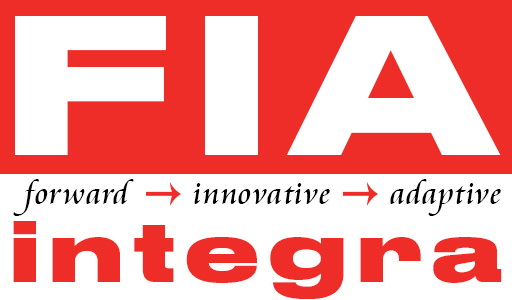Risk management, as an important component of successful project management, allows you to understand that uncertainty is part of all project activities and plan how to act effectively in relation to it. Without risk management, the project is subject to surprising, sometimes devastating events. This course focuses on concepts and tools used to build a successful risk management on an investment project. Project managers should be aware of common risk traps and be able to identify, assess and act in relation to risk without jeopardizing the success of the project.
Summary
- Training duration: 2 days
- Teaching method: interactive, at FIA Integra’s training center or at the clients headquarters (for more that 5 participants)
- Course format: 40% theory, 60% practice
- The course addresses: analysts, users, implementers, project managers
- You will learn to: create, prepare, implement, plan, mitigate and control project risks
Obtained Skills
- Basic principles, modern tools and techniques used in project risk management
- What does a risk mean
- The differences between a positive and a negative risk
- Develop a risk management plan
- Methods for planning of risk response
- Identifying project risks
- Understanding shared risk sources
- Qualitative and quantitative risk analysis
- Create risk reduction and contingency plans
- Monitoring and controlling risks in the project
- Strengthening team spirit by developing creativity and creating a common language
Content
- Types of risk;
- Preliminary risk planning;
- Identifying stakeholder risk tolerance;
- Roles and responsibilities in relation to each risk;
- Risk Management Plan.
- Leading a risk workshop;
- Building a risk assessment matrix;
- Types and sources of risk;
- Triggered events and symptoms of occurrence of risk manifestations;
- Causes and Effects of Risks.
- Risk probability and impact;
- Determining the degree of exposure.
- Risk interviews;
- Risk hierarchy and prioritization.
- Contingency plans;
- Careful risk management;
- Determining the costs of risks and the contingency back-up;
- Developing the risk response plan.
- Change control;
- Updating the risk response plan;
- Corrective actions;
- Completed activities.
- Communicating negative information.
- Case studies
- Risk identification;
- Qualitative assessment;
- Quantitative assessment;
- Hierarchy and prioritization;
- Risk response (contingency) plan.
Enroll now
FIA Integra Benefits
Our agnostic expertise validates us as a fully qualified consultant and implementer of cutting – edge solutions for any business-related requirement.
Benefit
Processes
We cover all business processes during the Project/Asset Lifecycle starting with the Design Phase up to the Maintain Phase.
Benefit
Expertise
Our Expertise relies on a team of seasoned professionals with international exposure, on different types of projects. We are your trustworthy partner in delivering successful projects.
Solutions
We are providing state of the art solutions to assist every need the industry may encounter. Our portfolio comprises of third-party solutions as well as proprietary solutions –developed in our quest to cover specific requests.
Methodology
Agile Methodology
PMBOK Methodology
CI/CD
LEAN Methodologies

